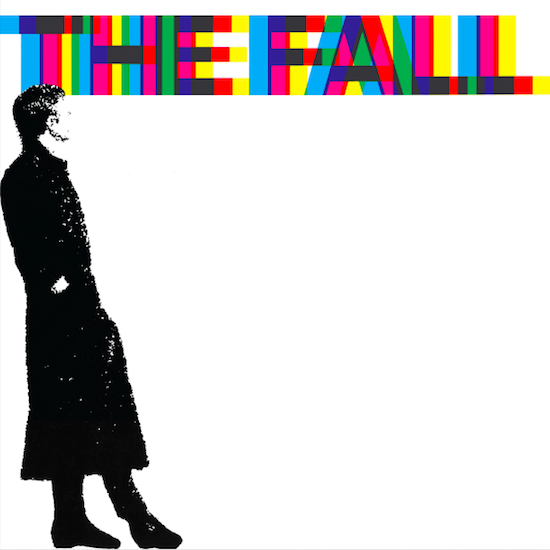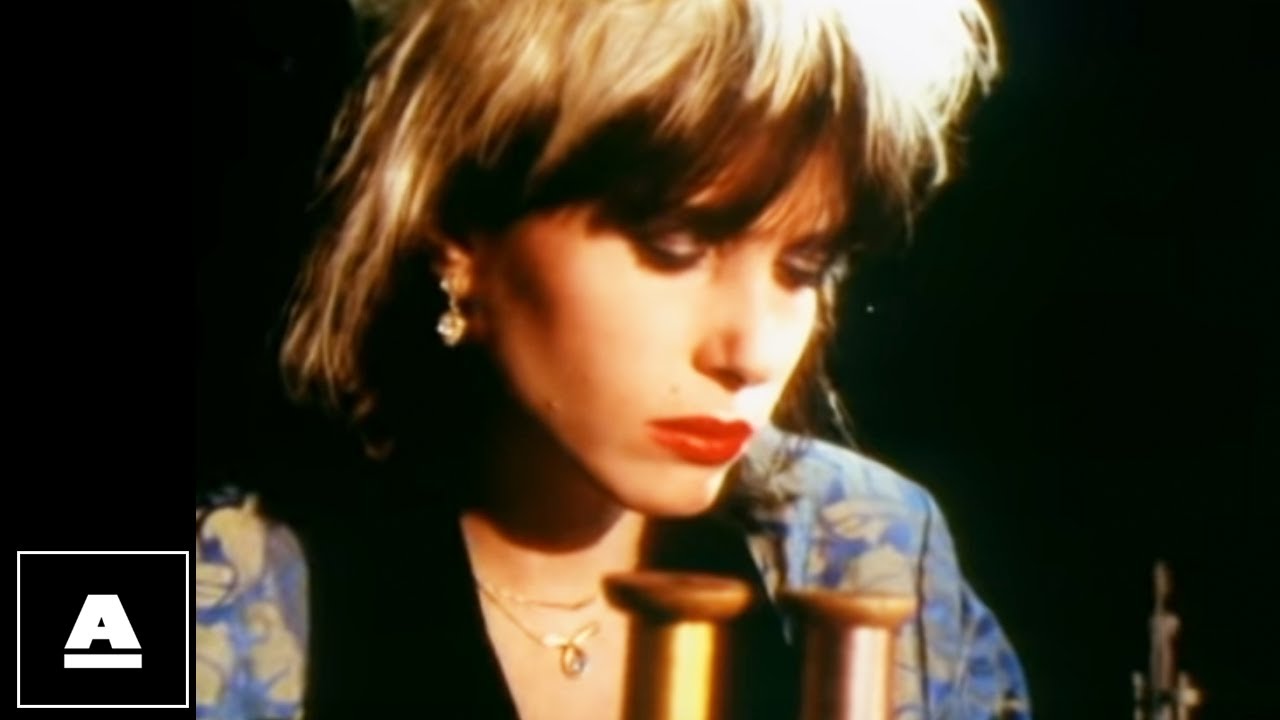There is a lovely story in Brix Smith Start’s enthralling memoir, The Rise, The Fall and The Rise, where she tells of her first visit to Manchester and the Prestwich home of Mark E Smith. It was 20 May 1983 and, as a golden girl from the fringe of LA celebrity, she sat next to Mark in a taxi shunting along Bury New Road, heading deeper and deeper into north Manchester’s enveloping grimness. The story is a perfect analogue for Brix’s inroads into the heart of The Fall, where she added colour, glamour and a musicianly sheen that wouldn’t have seemed feasible in the days of the super-stark Hex Enduction Hour. (This change was also reflected in a note Mark E Smith sent to me at the time, explaining that, “Brix monitors my drinking (good naturedly)… she buys me shirts.”)
I do not subscribe to the notion, held by Fall hard-liners, that Brix unduly softened the band’s innovative attack – some of the greatest albums in the band’s gargantuan history lie firmly in the Brix era – but listening to the 17 A sides and B sides assembled here might give that impression. Originally released in 1990, it gained its own cult status as, in the words of critic Robert Christgau, “The only Fall record any normal person need own.” The truth is, is you want an overview of Brix-era Fall, this is your perfect collection; separated from their monster discography, it is a truly remarkable album.
Following Mark’s public fallout with Marc Riley in 1982/83, he threatened to “wipe out Riley’s melodic influx”. As proven here, the opposite was the case. Brix seeped into place. A likeable and talented musician, she tugged the band around a musical corner.
But this is The Fall, and the history is not simple. ‘Oh! Brother’, the opening salvo, is actually a Fall song dating back to 1977, albeit with a lyric rewritten countless times. “I hate the crowd, the impotent crowd, the pliable crowd who, tomorrow, will rip my heart out,” was heard in 1977 performances at Manchester’s Band On The Wall. (I always thought he was singing about reviewers from Sounds.) ‘C.R.E.E.P.’, which follows, ushers in Brix’s first major influence but was initially written in Mark’s school days – God knows what they were like – about popular classroom warriors who would ultimately fail in life. Brix fully believed that this strange and eerie chant-tune would carry the band onto Top Of The Pops. ‘C.R.E.E.P.’ made it only onto the extended CD and cassette versions of Perverted By Language and The Wonderful and Frightening World of The Fall.
‘No Bulbs’ might have been Mark kicking against Brix. Despite its delicate swooping catchiness, it fits oddly here as a lo-fi addition from the Escape Route EP, which was never destined for anything other than John Peel’s ‘favourites’ box. Side One ends with an unholy trio: ‘Cruisers Creek’ – the oddest party song of all time and inspiration for The B-52’s, complete with off-kilter backing vocals and a truly commanding guitar riff; the comparatively sombre ‘Living Too Late’; and Brix Smith’s greatest ever moment, a shimmering hymn to her hometown, ‘L.A.’
And then there was the time when a newly converted Fall fanatic presented me with a list of his ‘top ten Fall songs’, and it was somewhat painful for me to point out that eight of these were cover versions. But, indeed, covers remain an essential aspect of The Fall’s gargantuan discography and there are four on this collection. Two of them – Gene Vincent’s distant gem, ‘Rollin’ Dany’ and the hugely celebrated ‘Mr Pharmacist’ (A Nuggets-like slice of proto punk from 1967) both represent The Fall’s supreme warping of any given song’s original intentions. Both will forever sit comfortably in the Salfordian canon. By contrast, we also find tepid versions of R Dean Taylor’s Tamla Motown dream of ‘There’s A Ghost in My House’ and The Kinks’ mercurial ‘Victoria’. Perversely, these two granted The Fall with unprecedented commercial success.
And slotted in with these uncharacteristic outings are two of the greatest of all Fall singles, the shocking Blackpool fizz of ‘Hit The North’ and ‘Hey! Luciani’, a snappy Ian Broudie production from the terrible play of the same name. These ushered in a curious new Fall era – enhanced by the appearance of dancer Michael Clark – where broadsheet art editors heaped lavish praise on these bizarre and disjointed ventures onto stage. Nevertheless, ‘Wrong Place, Right Time’ and ‘Jerusalem’ (from I Am Kurious Oranj) both take their deserving and evocative place here.
The album ends with the delicious oddity of ‘Dead Beat Descendent’, initially little more than an additional track to the final Beggars Banquet single ‘Cab It Up’ (which is not included here). The razor-sharp guitar-driven track would outlast Beggars and Brix to become lodged firmly in the fluctuating band’s live set.
Well, all this is neatly clasped on classy white vinyl complete with fittingly bewildering inner-sleeve graphic explanation. I don’t quite follow this route but, then again, perhaps that plays true to The Fall’s obscured strategies. As artefact alone, it retains a curious beauty that Fall fans and ‘normal’ people can equally treasure. The flashlight of shocking brilliance, really.




